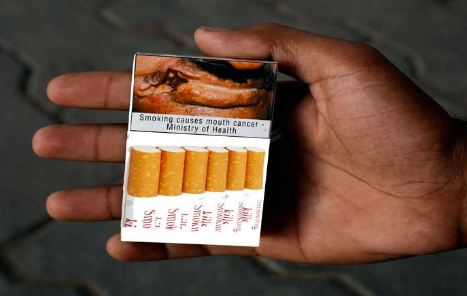ISLAMABAD, April 19 (DNA): Health activists have expressed their fear that introduction of 10-stick cigarette packs will increase consumption especially among vulnerable groups like youth and low-income individuals.
Country Head of Campaign for Tobacco Free Kids (CTFK), Malik Imran Ahmed emphasized that such packs would inevitably find their way back into the local market, directly undermining efforts to discourage smoking among young people and other at-risk demographics.
The tobacco industry had made similar attempts in the past but Ministry of Health did not issue the NOC, he said adding the application for 10-stick packs by the tobacco industry was deeply troubling.
Citing past attempts by tobacco companies of circumventing regulations, Malik Imran said that these companies would once again violate the rules.
He said that excise rules do not allow manufacturers or importer of cigarettes can introduce or sell a new variant of a cigarette brand at a price lower than the lowest actual price within the same brand family.
Despite this regulation, the Pakistan Tobacco Company (PTC) has launched a new brand, Capstan International, priced at Rs 164, substantially lower than its existing family brand, Capstan by Pall Mall, which was priced at Rs 212.
Similarly, the ban on sale of single sticks, a measure crucial in deterring vulnerable populations, was being flouted, he said.
Program Manager at the Society for the Protection of the Rights of the Child (SPARC), Dr. Khalil Ahmad Dogar pointed out the potential damage to public health initiatives if these 10-stick packs are permitted.
Dogar warned that such a move would roll back progress in reducing tobacco use and awareness of its harmful effects.
The health activists’ concerns align with broader recommendations from the International Monetary Fund (IMF), which has advised Pakistan to overhaul its tax system by increasing taxes on non-essential items like cigarettes.
In addition to advocating for increased taxes on traditional cigarettes, the IMF has also urged the government to impose uniform excise rates on both local and foreign cigarette manufacturers, ensuring a level playing field and discouraging practices that could lead to increased tobacco use.

















